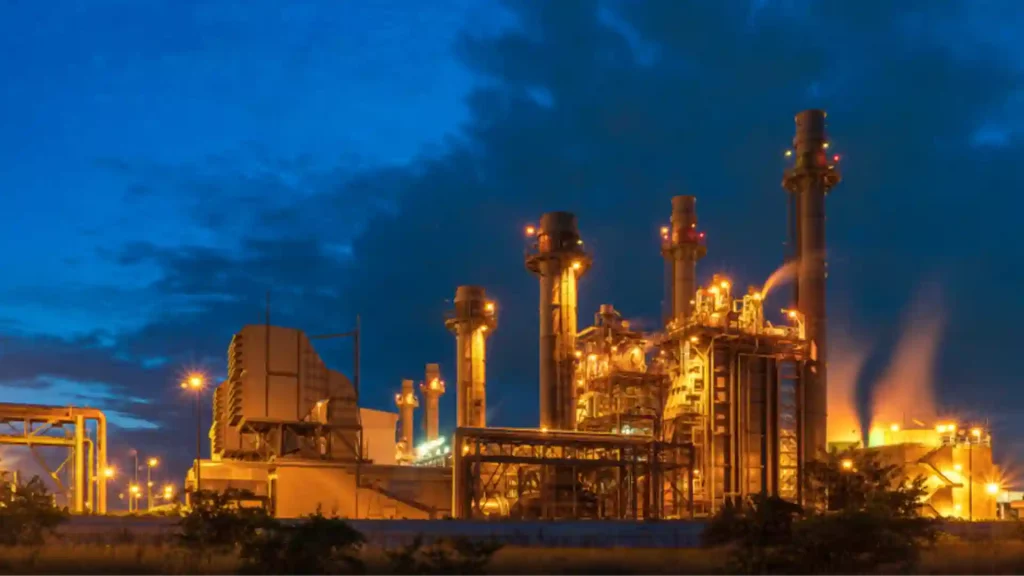At the recently held climate tech conference held in the capital city of UAE and home of ADNOC, Abu Dhabi, discussions around carbon capture amassed significant attention
Gulf oil companies have been pushing the need to absorb carbon emissions – at the source itself – as a sustainable and affordable means to curb global warming. Climate experts don’t consider it in front of their preached solution to reduce consumption of non-renewable sources for energy requirements.
The need to tackle the global warming issue has risen again, causing uneasiness in the Gulf region. This has led the Middle East energy giants to knock on the doors of tech startups seeking every possible way to curb carbon release and sustain oil sales.
Such technology is nowhere close to the scale which is needed to make a significant impact on the planet’s heating. There are just a few companies with minuscule projects. With these hiked interests by companies with enormous investment potential, a turnaround in R&D can be anticipated.
At the recently held climate tech conference held in the capital city of UAE and home of ADNOC, Abu Dhabi, discussions around carbon capture amassed significant attention.
Tech startups presented their projects in carbon storage and capture (CCS). These projects separate carbon dioxide from the emissions of heavy industry and power plants. There were projects which possessed the ability for direct air capture (DAC), a newer technology that collects carbon dioxide directly from the atmosphere.
Gulf oil goliath’s like Saudi Aramco and UAE’s ADNOC have said that the global emission trajectory will witness a turnaround as the United Arab Emirates (UAE) conducts climate negotiations later this year. These negotiations will be held to spread awareness about the technology of reducing emissions instead of cutting down on oil.
Musabbeh Al Kaabi, ADNOC’s executive director of low-carbon solutions, told media outlets that to achieve the industry and country’s goal of net-zero emissions by the year 2050, carbon capture technology is the only viable option as per his views. He added that he is also interested in wind and solar energy but doesn’t view them as problem-solvers.
The United Nations Intergovernmental Panel on Climate Change (IPCC) said that without carbon capture technology, the current fossil fuel infrastructure would delay the world’s achievement of the safer global warming limit set in the Paris Deal of 1.5 degrees Celsius above the pre-industrial levels.
In support of IPCC, Sultan Al Jaber, CEO of ADNOC and UAE’s climate ambassador, said last week that it is almost time to seriously start accepting the carbon capture from his post of President of COP28.
The difference of opinions between the oil companies’ push towards carbon capture and environmentalists’ demand to cut down on oil production has fueled a lot of heated debates. This topic is also perceived as the main agenda for the COP28 climate meeting in Dubai.
It is not a hidden fact that oil companies don’t want to lose on their crude revenues due to reduced global oil demand owing to preserving the planet. This seems to be the primary reason why these companies have found a different approach to curb carbon emissions, i.e. Direct air capture (DAC) technology. It is a sound alternative, but it is at a nascent stage currently. Future investments and technological development will decide whether the world will adopt this tech or not.
Environmentalists and climate change experts complain that these oil companies are taking up the leadership for climate change because of their self-interests, which happens to be maintaining their oil sales. This has sparked rounds of complaining and counter-questioning amongst both sides.
Julien Jreissati described this “distraction”, the programme director of Greenpeace MENA complained.
Kabbi from ADNOC countered Jreissati that the heavy engineering fleets and fat exchequers of the oil companies make them the appropriate torchbearers for climate change technology. He warned that the world has two alternatives; they could leave this to small players or let the giants boost global decarbonisation.
Startup Investments
ADNOC has collaborated with 44.01 to build a capture facility in one of the seven emirates of UAE, Fujairah. 44.01 is an Oman-based company and the UK’s Earthshot Prize winner for its technology that absorbs carbon dioxide from the atmosphere in peridotite rock.
Talal Hasan, CEO of 44.01, said at the UAE conference that in one ton of peridotite rock, they could mineralise 500-600 kilograms of CO2, meaning that with the rocks available in the region, the middle east can probably mineralise trillions of tons.
